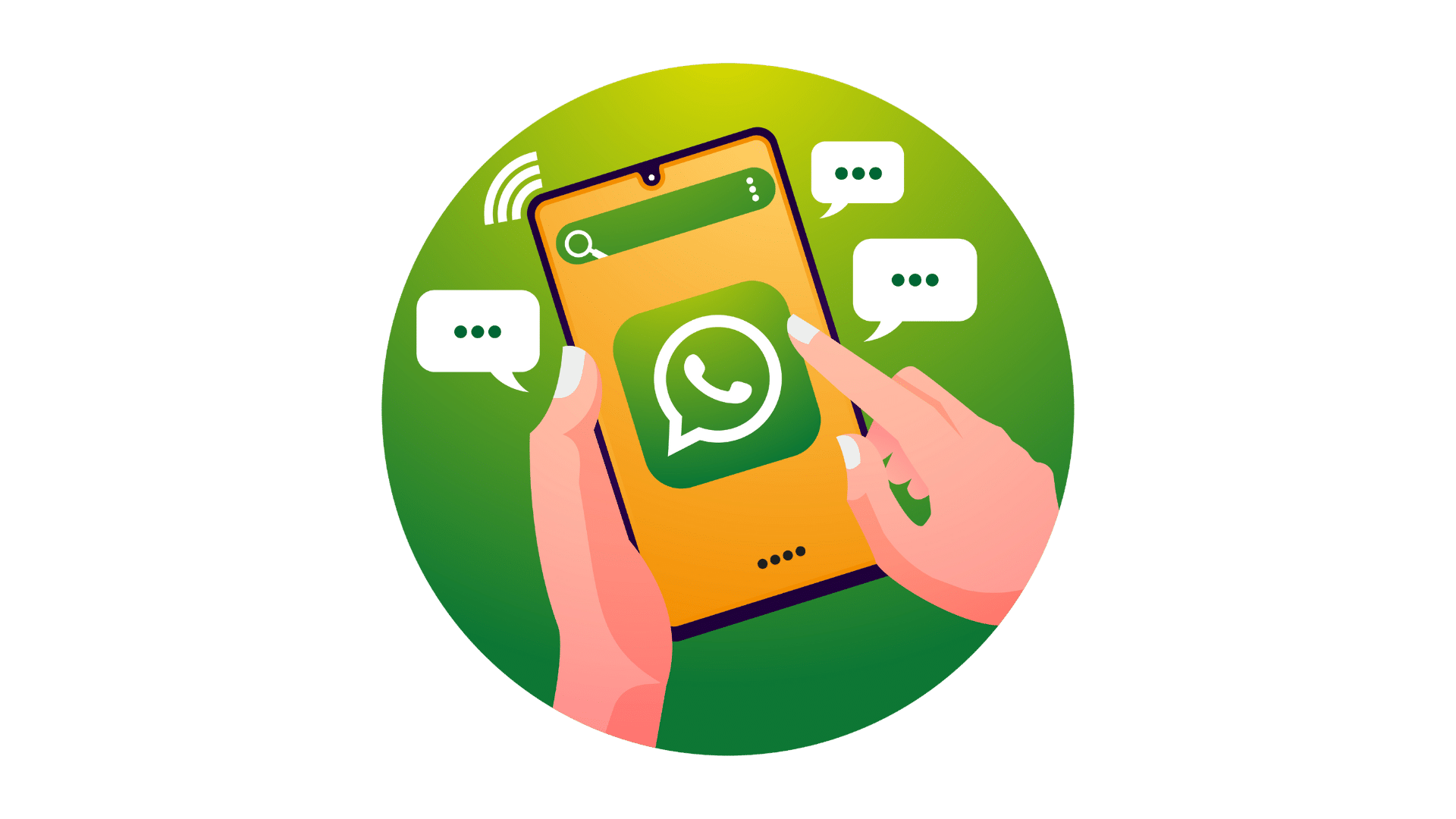
If you’re reading this, you probably just started experimenting with WhatsApp marketing or maybe haven’t had much luck with it in the past. Or perhaps you are a marketer who is just looking for proven WhatsApp marketing strategies that will help you generate more leads.
WhatsApp marketing is something every brand has started using of late to grow their business. Whether you’re a B2B company or operate in a B2C market, WhatsApp marketing will help you amplify your reach, generate more leads, and boost your sales and revenue.
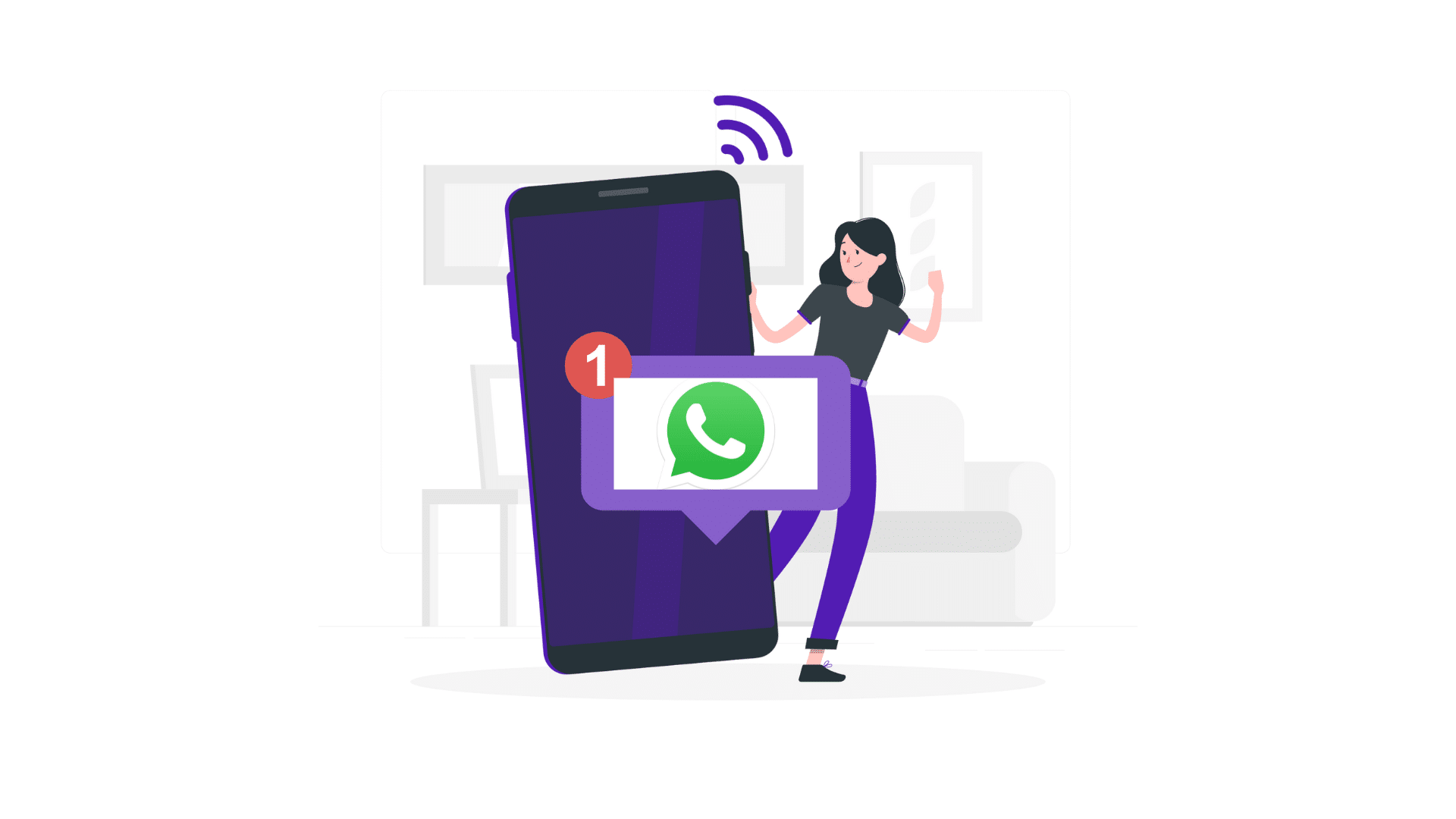
But what makes WhatsApp marketing so effective? And why is it so relevant for businesses based in India?
WhatsApp is being used by more than 2 billion people around the globe. In fact, there are more than 500 million active users in India alone.
According to a study by Statista: Whatsapp will reach 795.67 million users in India by 2025.
This growing user base clearly suggests that WhatsApp marketing is a sustainable way to not just capture leads but also connect with them personally and nurture them into lifelong customers.
So, are you ready to learn how to leverage WhatsApp marketing to scale your business?
Let’s start with the basics.
WhatsApp marketing is a simple and efficient way to make your target audiences aware of your business and its offerings via WhatsApp.This can be in the form of text messages, pictures and videos informing prospects about an upcoming sale, a new product or service launch, etc.
You can even use WhatsApp to answer prospect queries and solve customer issues. In essence, it’s a platform that helps you establish one-on-one communication with your leads and understand their preferences and needs better.
Indian businesses have been using WhatsApp to expand the reach of their marketing campaigns and improve engagement with their existing and future customers.
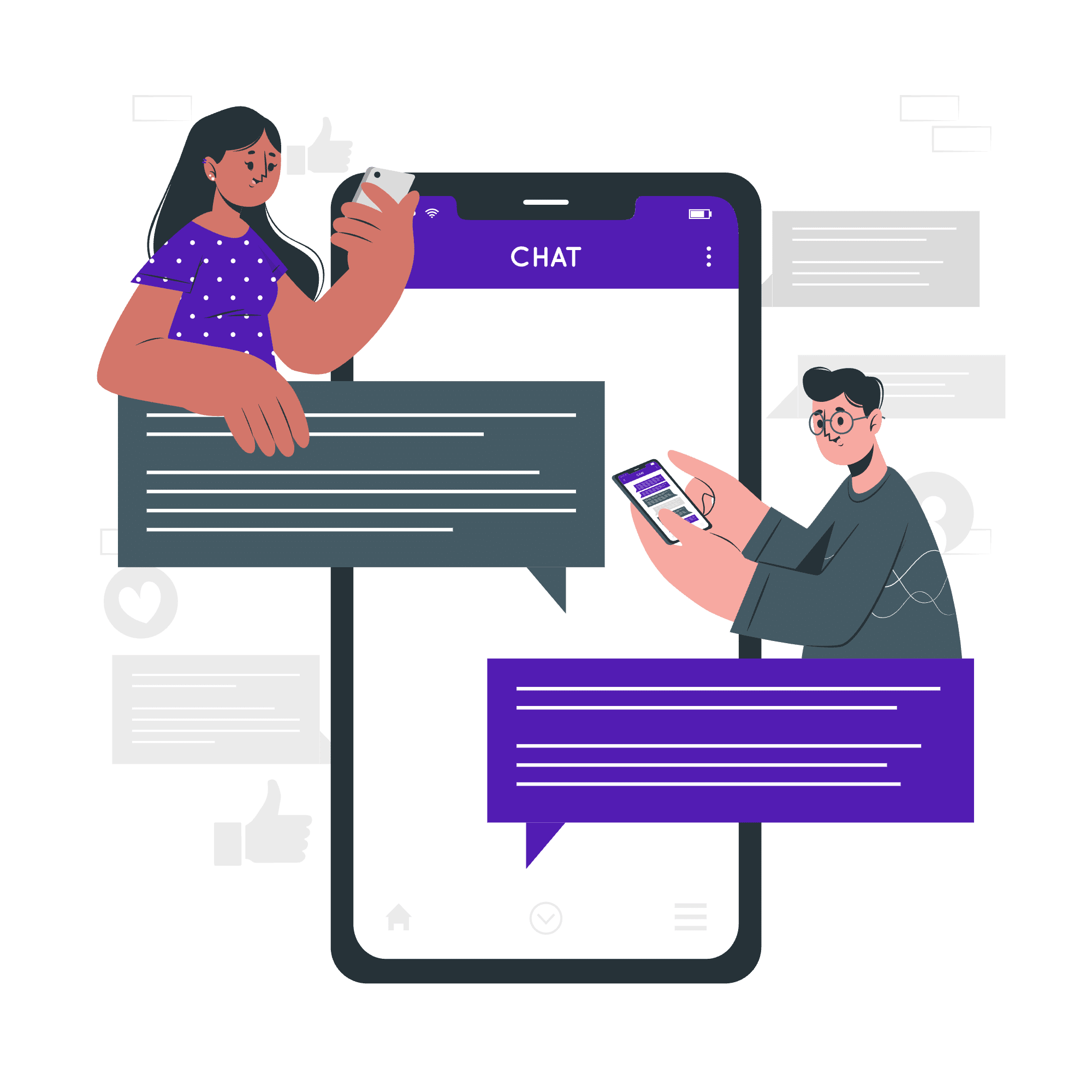
According to a blog by WhatsApp: Tata Cliq, an e-commerce initiative owned by the Tata Group, got a 57% click-through rate on WhatsApp, and shoppers were 1.7 times more likely to make a purchase on the messaging platform than on any other channel.
Not only that, its Diwali and Black Friday sales campaigns generated $500,000 in revenue — an ROI that’s 10 times higher than other sales channels.

Targeting audiences over WhatsApp can prove to be a strategic move for businesses owing to its direct and personal nature. Unlike traditional marketing channels, WhatsApp allows you to personalize your marketing efforts.
Sending messages on WhatsApp is much better than SMS and emails because of built-in analytics, which tells you if the recipient has received the message or not.
Additionally, SMSes and emails often get marked as spam, resulting in either your number getting flagged as a spam number or your emails ending up in the spam folder, forever staying hidden from your leads or customers.
But WhatsApp’s user-friendly interface, with its real-time communication capabilities and broad reach, by default, makes it an effective and cost-efficient channel for businesses to target and connect with their audiences.
All right, we’ve finally reached the section you’ve been waiting for since you started reading the blog.
First things first, if you’re someone who’s just starting their business or if you’re managing a small team, start by creating a WhatsApp Business account. If you already have one, skip to the next step.
NOTE: WhatsApp Business differs from the regular version as it has multiple features specifically built for businesses to market their service or product, provide customer support and engage with their audience.
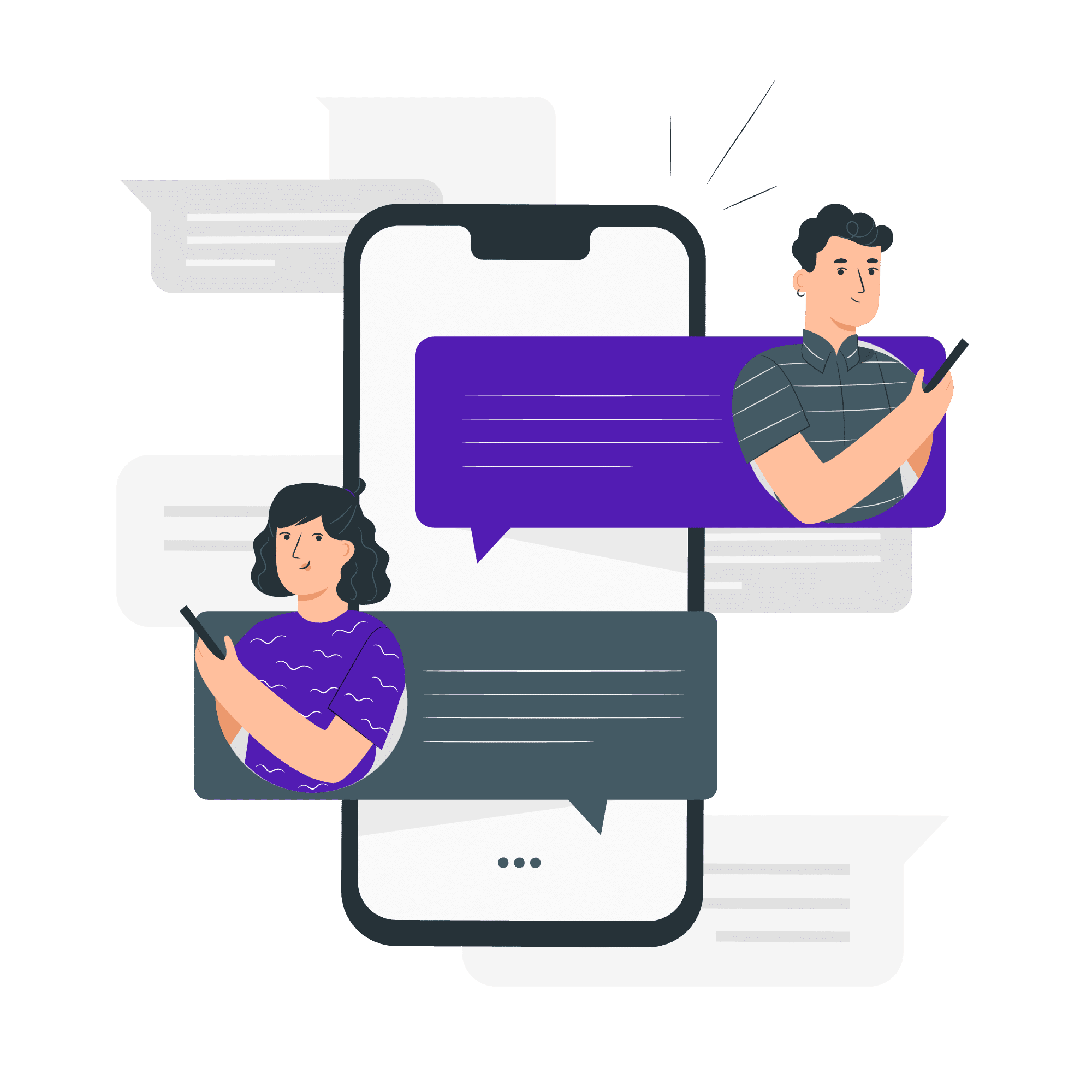
If you are using the regular version of WhatsApp to communicate with your customers and prospects and are looking to switch to the business version, then read our step-by-step guide on How to Change WhatsApp to a Business Account right away.
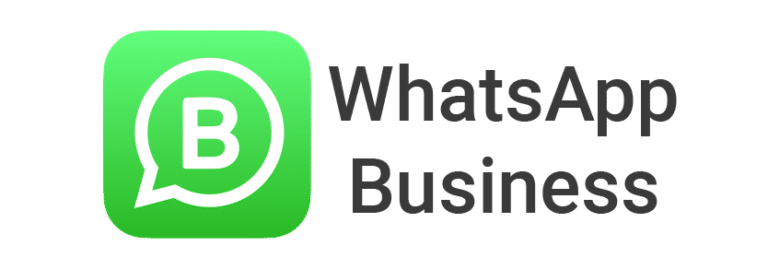
Start by downloading the WhatsApp Business app from Google Play or the App Store for free. Wait for the app to finish downloading.
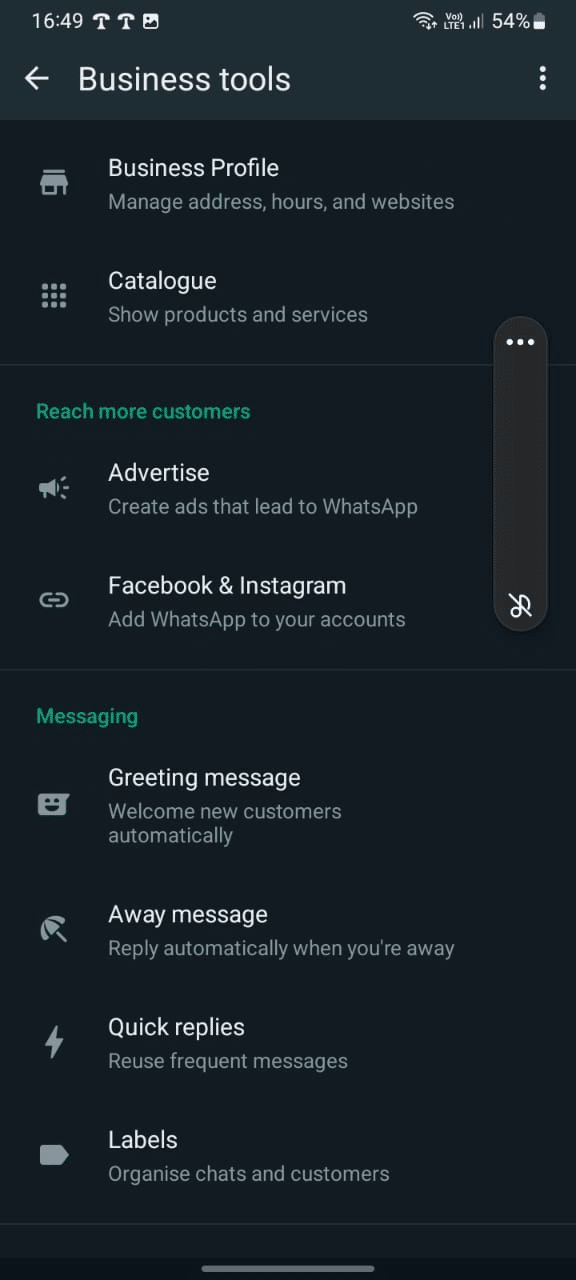
Inside the app, you’ll find a section wherein you can create your business profile. Add essential details like your business name, address, business hours and contact information. This is crucial as it helps customers recognize and learn more about your business.
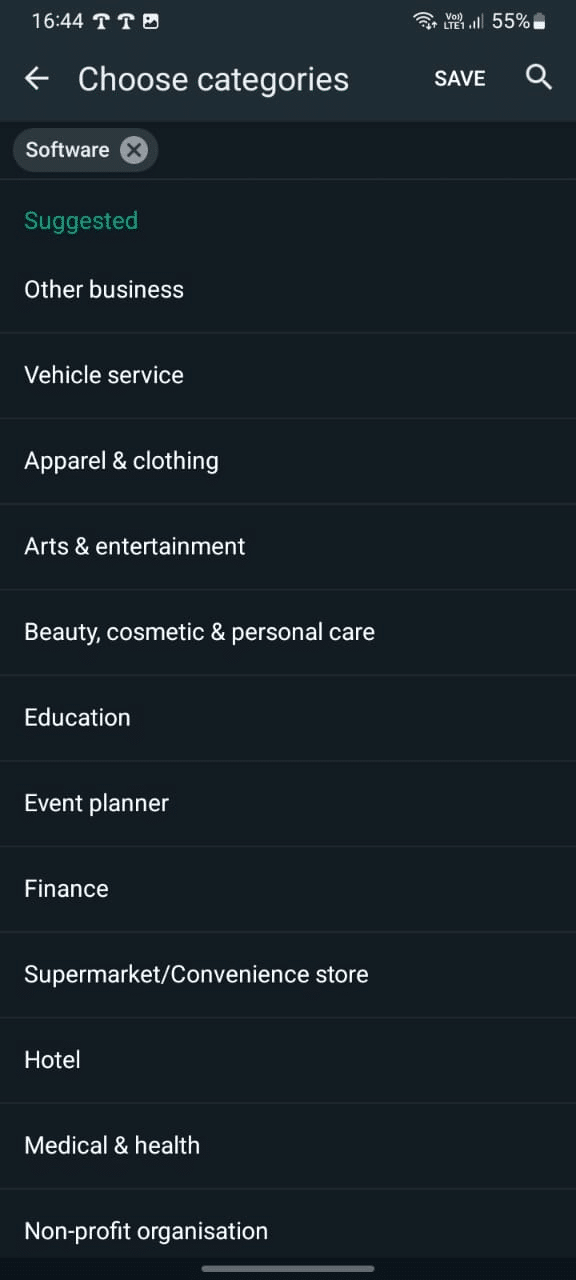
WhatsApp Business allows you to assign a category to your business. Whether you’re a restaurant, clothing store or internet service provider, picking the right category helps potential customers get to know your business and its offerings better.
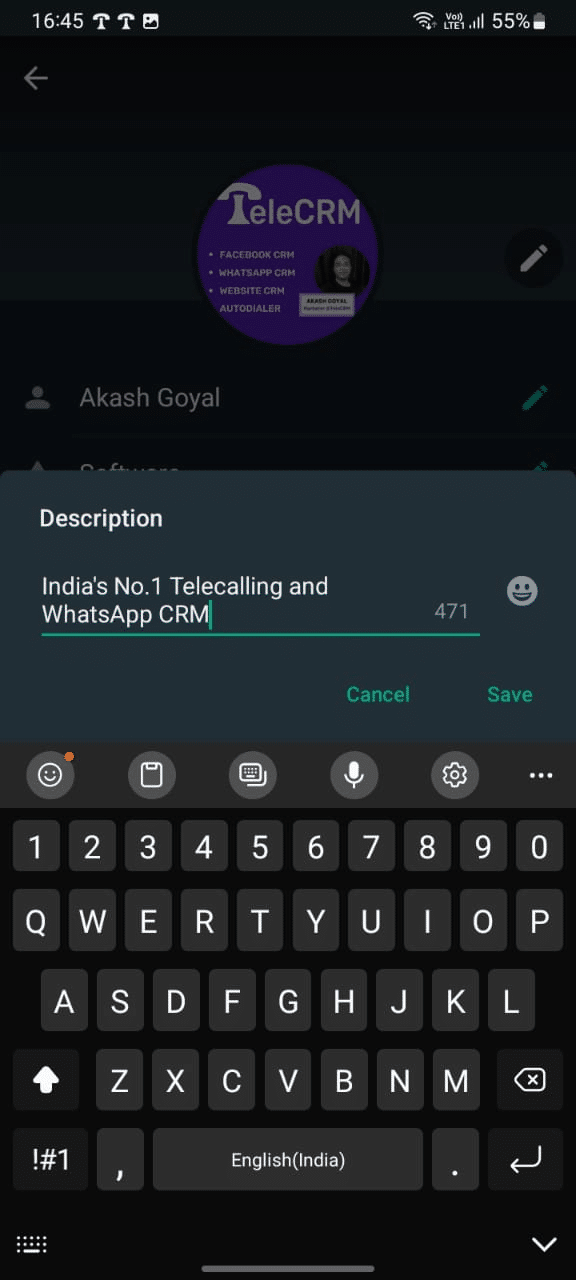
Take advantage of the “Description” section to describe to your leads and customers what your business is about. Make sure to be brief, clear and specific about your business offerings.
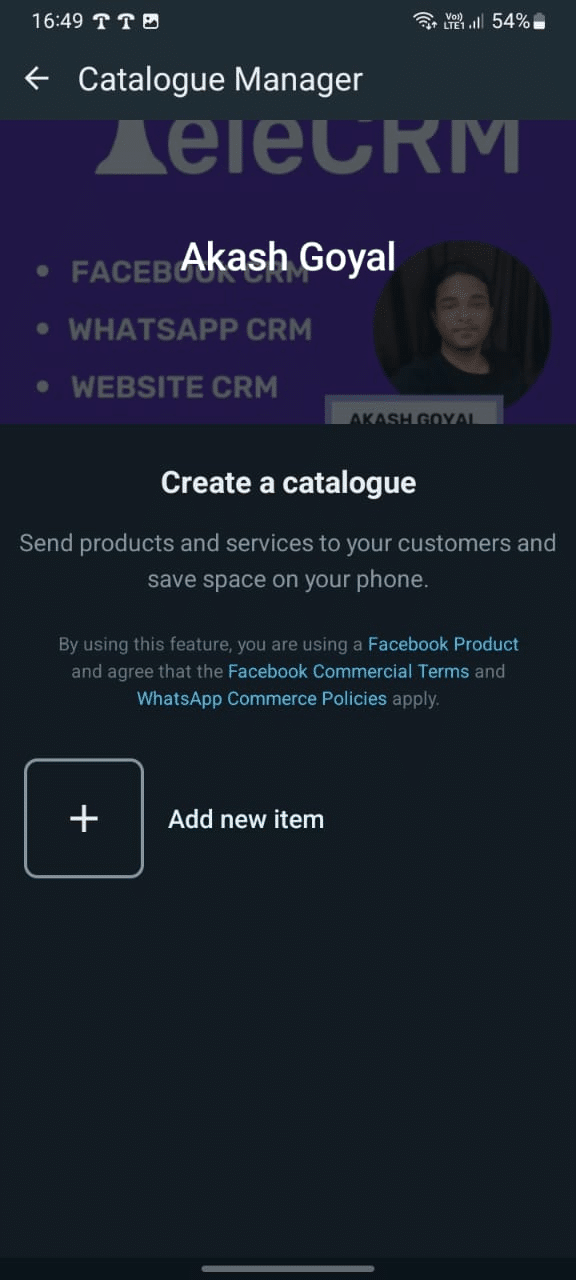
The Business app lets you showcase your products or services directly on your profile. Add images, prices and descriptions to give customers a sneak peek into your offerings.
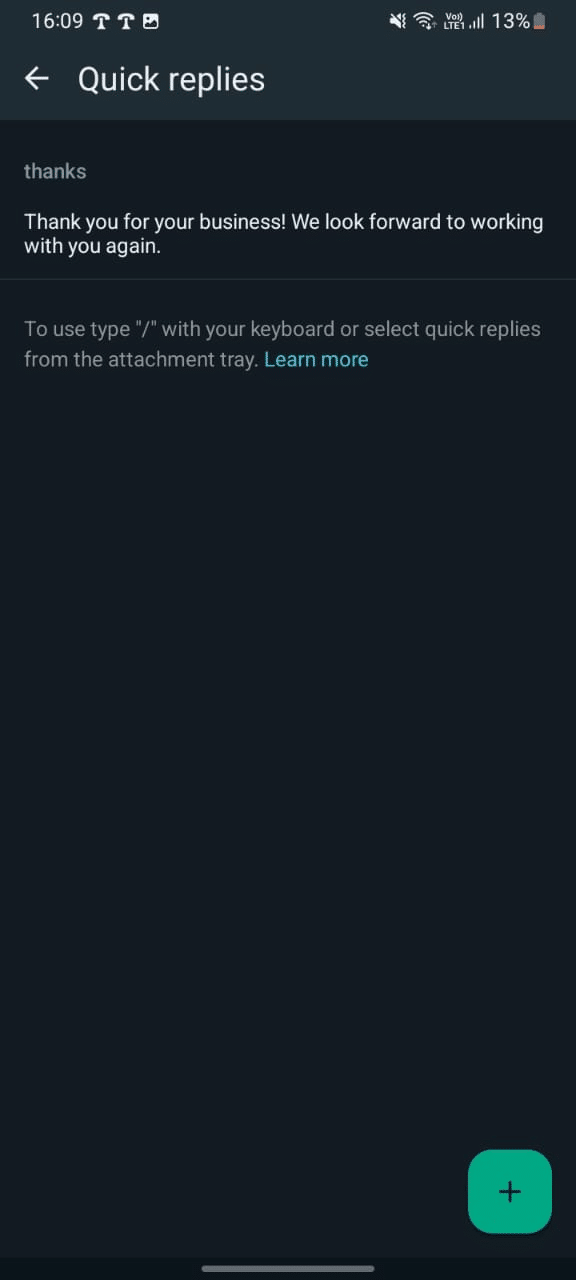
If you often get similar questions from customers, set up quick replies in the app. This way, you can respond to common queries with just a few taps, helping you not just save time but also make communication smoother and more efficient.
The WhatsApp Business app allows you to label your contacts under “New Customers,” “Pending Orders,” or any other custom label you create. It’s a handy feature for staying organized and on top of your customers’ needs.

There are many tools available in the market to help you with bulk messaging, automatic scheduling of messages, workflow automation, chatbots, etc. But you need to figure out what your use cases are before you make your decision.
Let’s see which tools work best for different use cases.

What it does: Instead of messaging every lead one by one about an upcoming product launch or store opening, you can use a bulk WhatsApp messaging tool to do it all at once.
Why it’s useful: Say you’re offering a huge discount on one of your products and you would like everyone in your prospect database to know about it, this tool will prove super handy for sending out promotional messages, updates or any other important news to a lot of people simultaneously.
Pro Tip: Make sure to use tools that comply with WhatsApp’s rules and regulations as you do not want to end up in your prospect’s spam folder. Choose tools that ensure your messages are in line with WhatsApp’s guidelines, and don’t forget to provide opt-outs.
What is it: Having a knowledgeable bot that can answer customers’ queries – helps immensely when you are working with a small team of agents.
Why it’s useful: Customers often ask about your store hours and the process for placing an order. Instead of your agent answering the same questions over and over, the chatbot can field those questions with default responses.
It’s a time-saver but also ensures your customers are happy as they don’t have to wait too long for an answer.
Pro Tip: Choose a tool that lets you train the bot on customer response etiquette. Also, it should allow you to customise chat buttons according to your use case. The key is to select a tool that takes your business goals into account.
This is important because there is no one-size-fits-all solution!
If you are looking to scale and effectively handle your leads. WhatsApp CRM has all the tools you need to manage your business at scale.

The best practices highlighted in this section can be used by any business regardless of the product or service it offers.
Let’s dive right in and go through these best practices one by one.
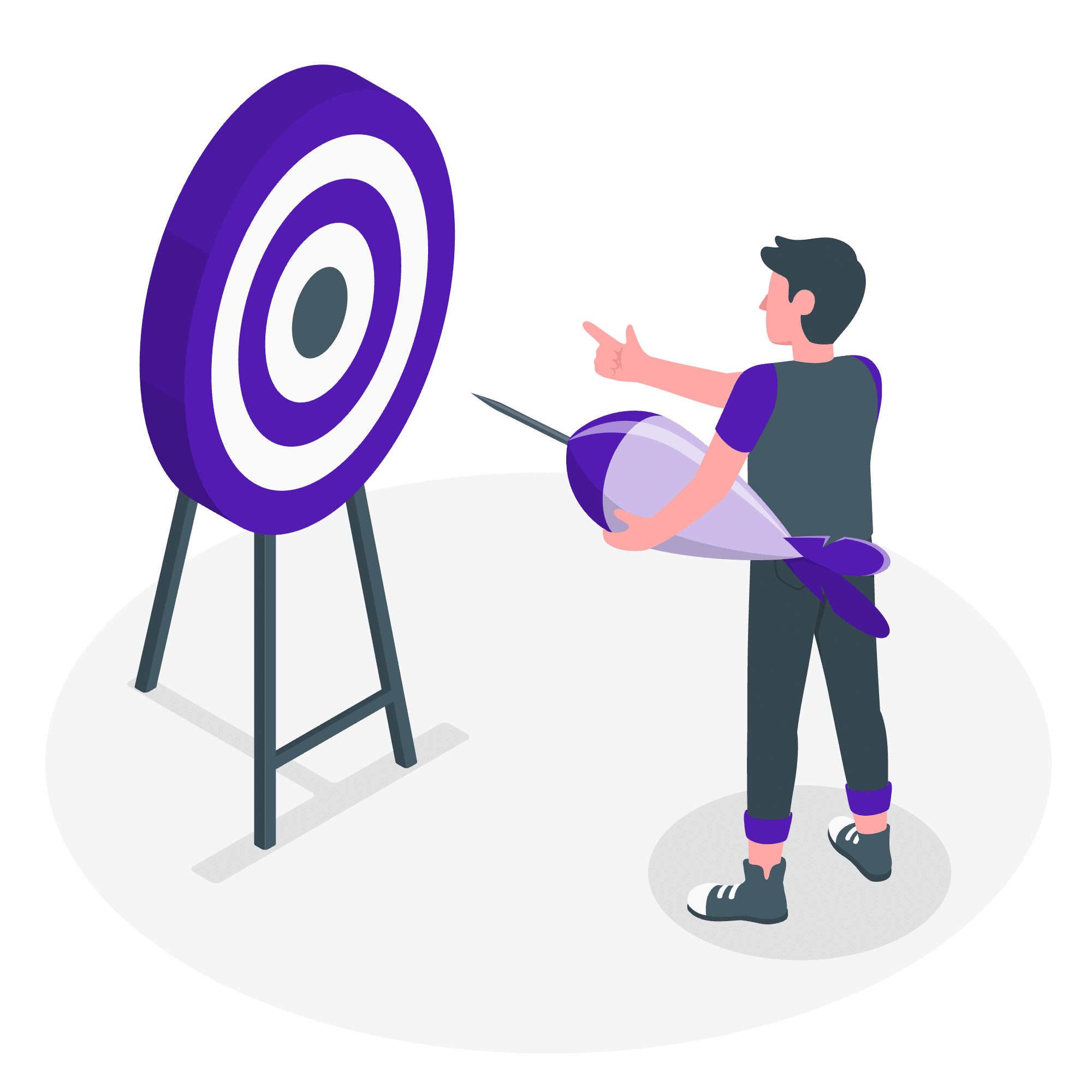
Define your goals: Think about what you want to achieve with WhatsApp marketing. Is it increasing sales, improving customer engagement or getting more traffic to your website? Define your goals clearly at the outset so you know whether your campaigns are working or not.
Let’s say you own a car dealership, and you’re getting ready to launch a new car next month. Your goal is to reach 30-50% of new customers a week before the launch by sending them WhatsApp messages.
Giving them the inside scoop on the new car and all its awesome features. When the big week comes, you can easily cross-check if you hit your goal or not.
Why it’s Important: Setting clear goals makes your target clearer. It ensures your business moves in the right direction. Without specific goals, your WhatsApp marketing campaigns wouldn’t give you the desired results.
For instance, “Get more customers” is vague compared to something like “Get 100 new customers in a month”. With specific goals, you and your team will also be able to measure campaign performance accurately.

Augment text with images and videos: Marketing, fundamentally, revolves around the art of storytelling. Instead of just using text, make your marketing messages more compelling by adding pictures, short videos or even voice messages (if those approaches align with your brand persona).
This way you’ll have a better chance of getting the attention of your leads or customers, subsequently, persuading them to take the desired action. In addition, it’s a good idea to keep mixing things up in terms of content type and format as audiences appreciate variety.
Engaging messages: Your messages should have a friendly and conversational tone — they shouldn’t come across as too formal. Through these messages, share information about the exciting new developments taking place at your business, whether it’s a new software update or product launch, special offer, discount etc.
Such engaging messages will help you earn your customers’ trust.
On the flip side, if you’re also running campaigns to target your existing customers, you could ask them to write reviews of your product or service. The more they feel like a part of your brand story, the more they’ll start trusting your business and its offerings.
Schedule messages: Automated scheduling tools help you schedule messages in advance. These messages could range from say a demo reminder to a doctor’s appointment.

You can also schedule holiday greeting messages to go out to your prospects and customers automatically on the concerned date.
Why it’s important: Automation will help you schedule messages on WhatsApp. Just set the posting time and date, and everything else will be taken care of by the tool.
Read our WhatsApp Automation Guide to understand how you can automate most of your manual tasks with the WhatsApp Business API.
At Telecrm, we started WhatsApp marketing with a simple idea: to connect, build trust and forge long-lasting relationships with our prospects and customers. We were aware that our audience used WhatsApp, and we leveraged it to significantly expand our business.
Let us provide you with some in-depth insights into what we accomplished and how it can benefit your business as well.
Initially, we started things off with a touch of humour — by sharing memes! People instantly connect with humour, so that’s what we tapped into to engage our audience and it worked in our favour.
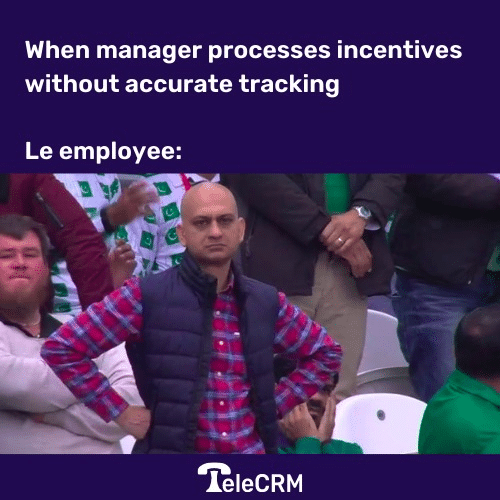
We used funny and relatable memes in our marketing communication to allude to the opportunities our prospects were missing out on by not using Telecrm to manage their leads, calling, WhatsApp messaging and so much more.
This is what happened initially: We’d send a new lead a WhatsApp message containing a quirky meme as soon they were added to our system, prompting them to book a demo.
But then we figured out that most of our audience wasn’t engaging with our messages. So, we decided to switch things up. We created 10 WhatsApp messages for each step of the pre-sales funnel to better connect with our prospects and persuade them to do business with us.
You must be wondering how we came up with this idea. Well, that is exactly what we’ll be covering in the next section. So keep reading!
When we noticed that our meme strategy wasn’t getting us the desired results, we decided to pivot and started brainstorming with the larger team.
We realised that the real value was in understanding our lead’s problems and informing them how Telecrm could help solve those problems.
The intent behind crafting these 10 WhatsApp sequence messages was to bolster our lead nurture efforts. As soon as a lead entered our system and attended the demo, we’d start sending them messages at regular intervals for the next 10 days to not just talk about the issue that they were facing but to also assure them that we have just the solution they’re looking for.
Below are the messages we dispatched so you can get a clear picture of what we’ve been doing at Telecrm.
This is the very first message we send to our leads who have entered our system but haven’t booked a demo yet. The message taps into a frustration many business owners share — that their sales team is idle until their manager assigns them leads.
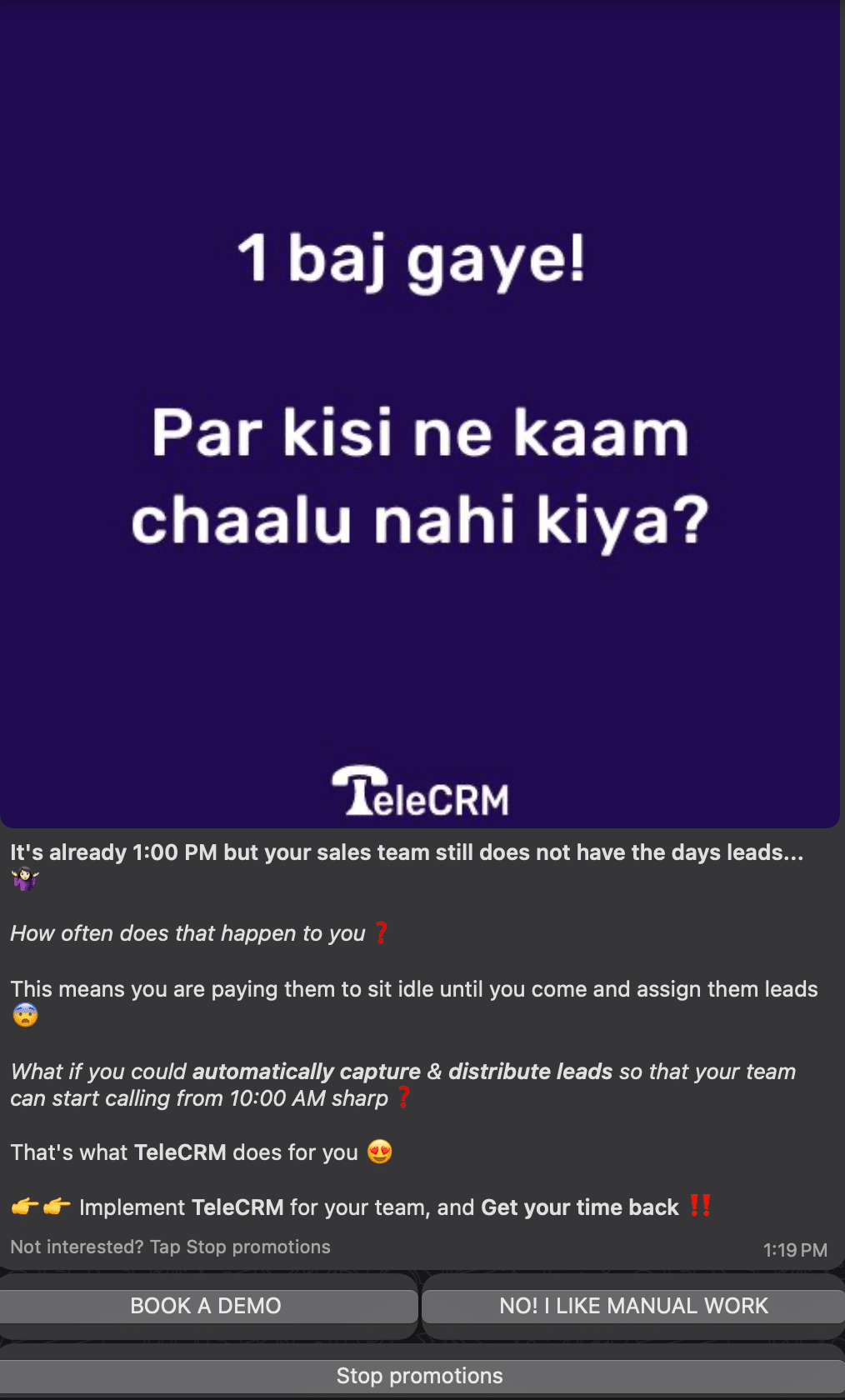
This second message calls out another common pain point of business owners that Telecrm can help solve.
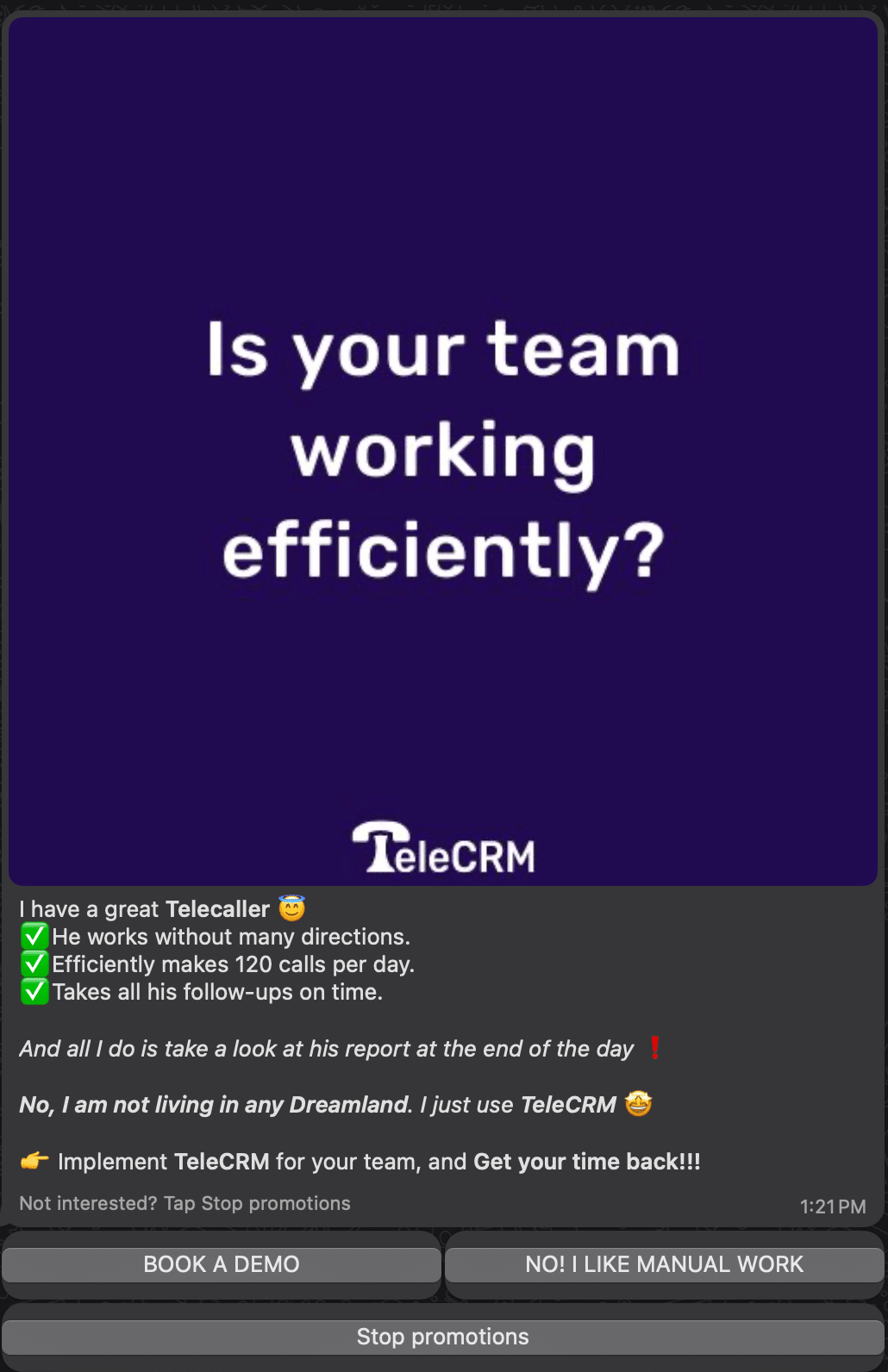
The third message in the sequence communicates how a business owner or manager can easily manage their team without having to monitor their agents closely all the time.
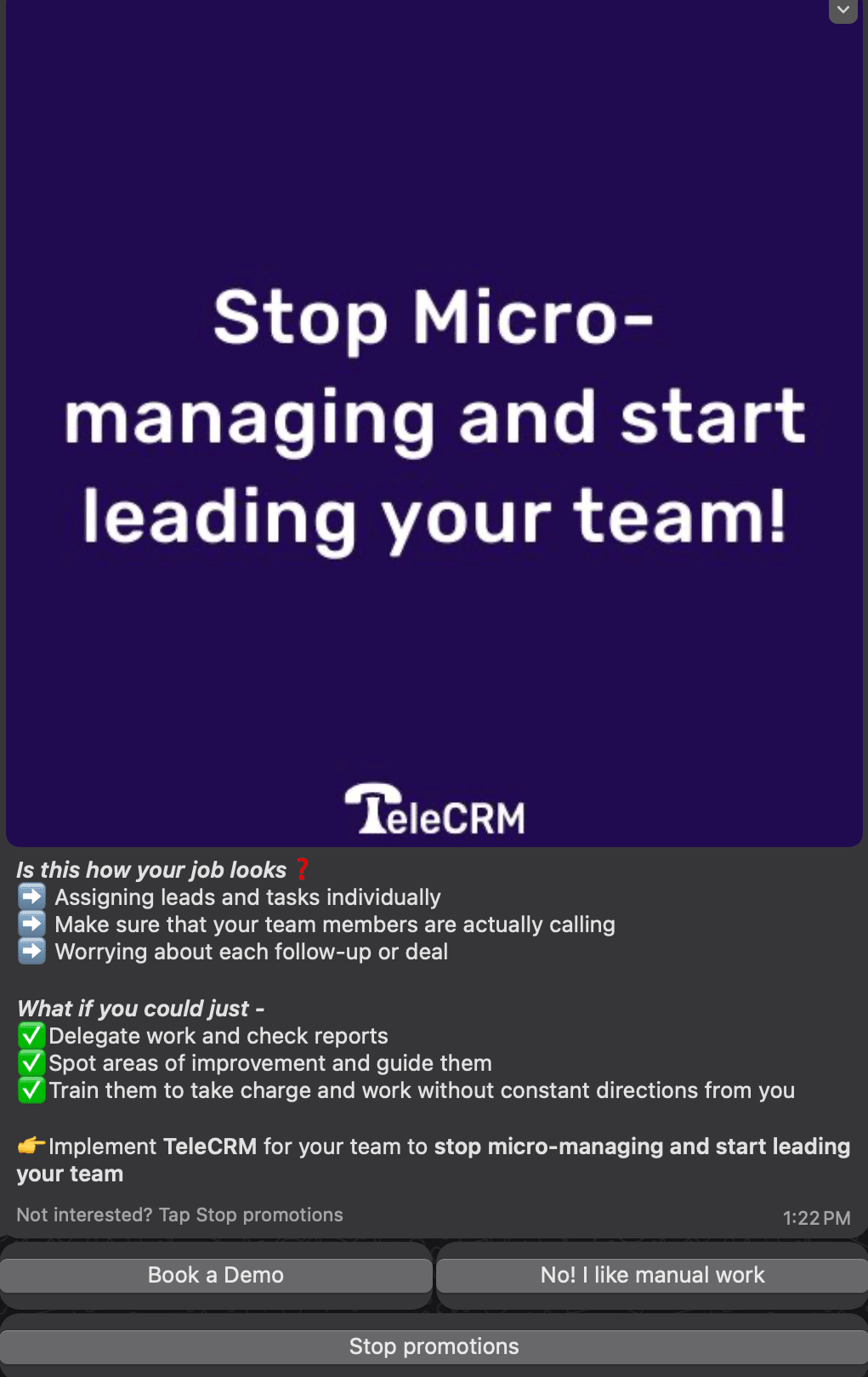
We used the above series of messages extensively to convince fresh leads to book a demo. The strategy proved successful because we were able to convince 15.5% of our fresh leads to book a demo of Telecrm in the second half of 2023.
This promotional marketing message was sent to users who had entered the system and attended the demo but hadn’t started using Telecrm yet. As you can see, the message nudges them to buy our product by offering them a discount of 20%.
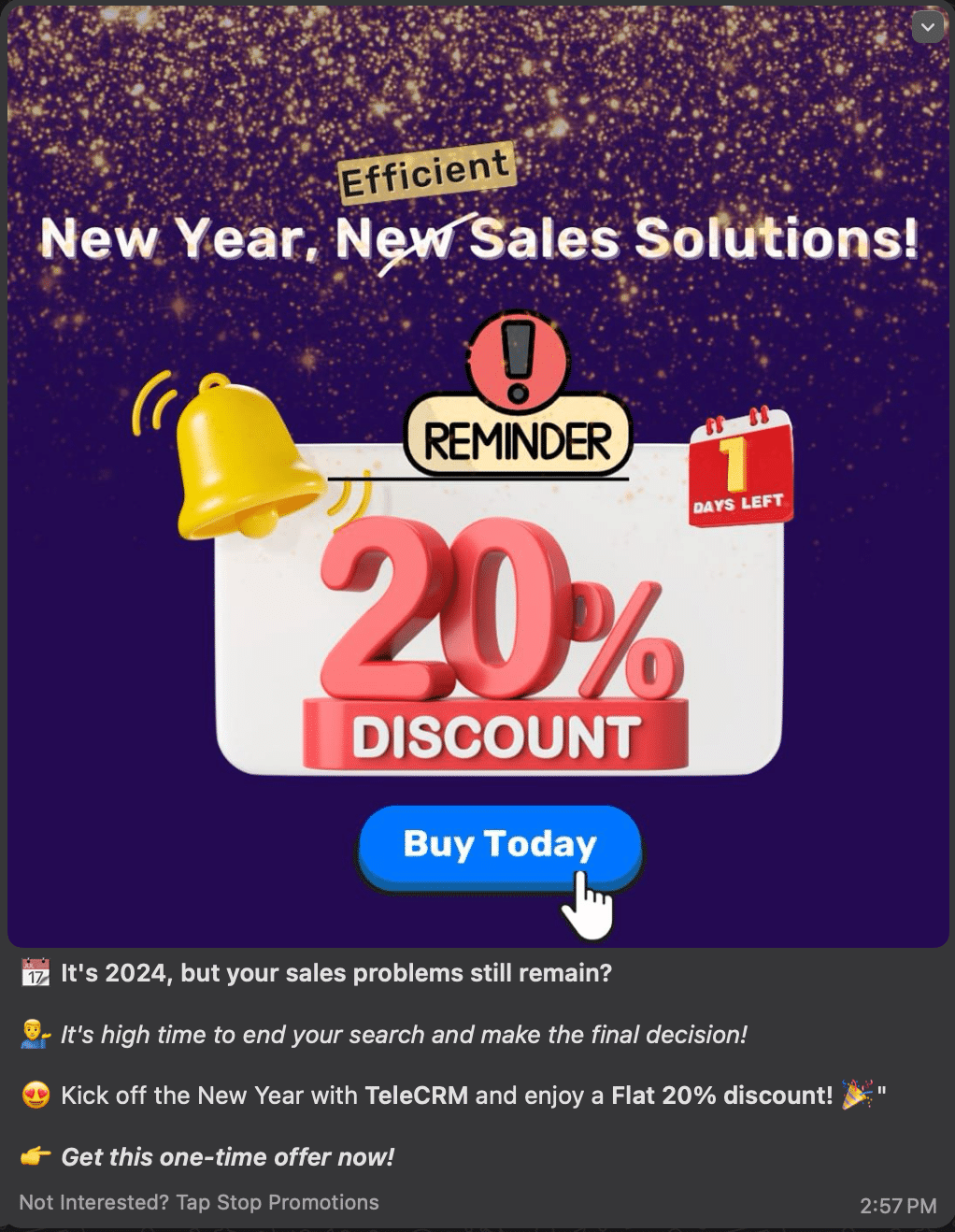
This message too promoted a product discount to sweeten the festive season.
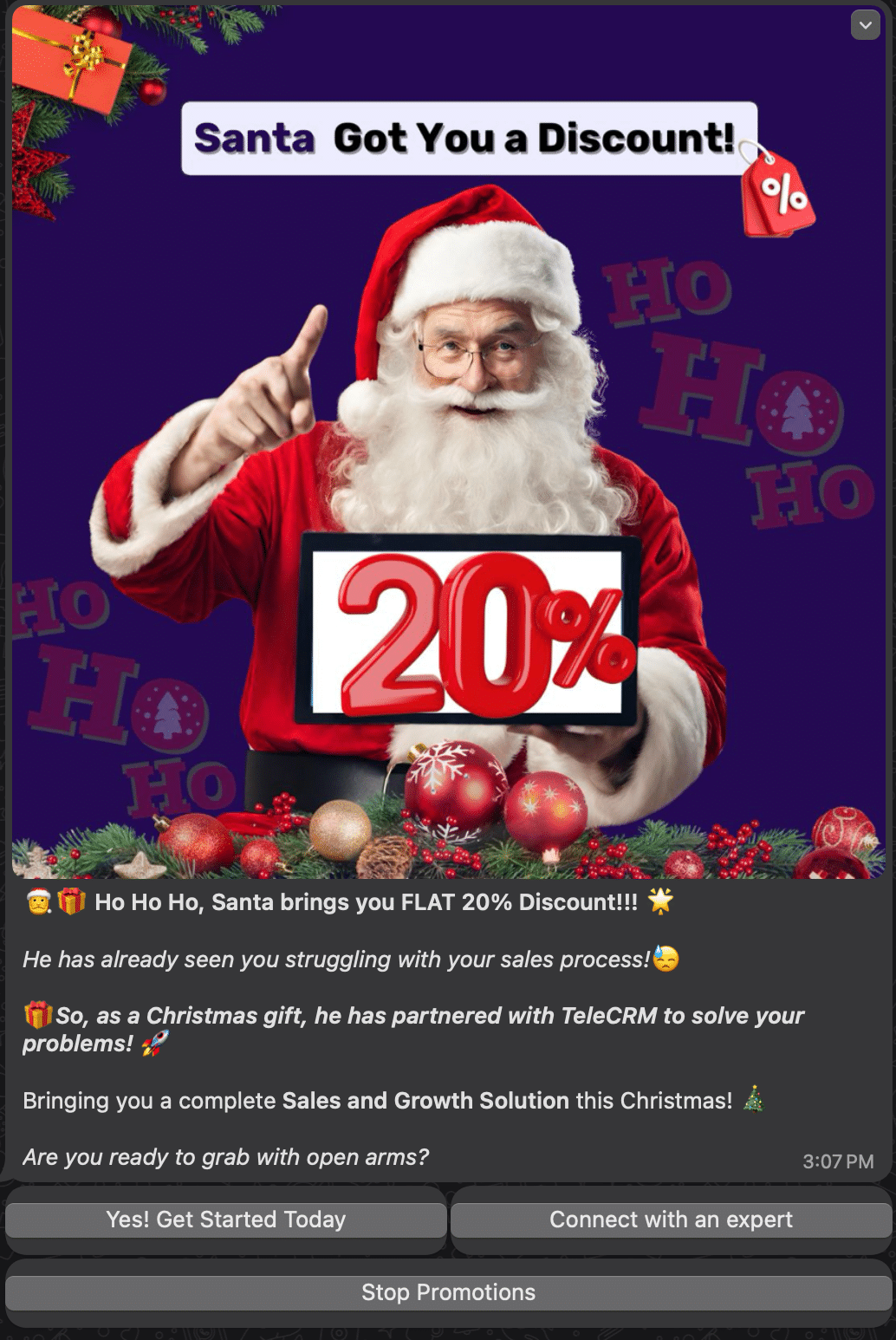
Follow these bullet points below, to put the WhatsApp marketing strategy we talked about in the above section, into action for your business.
Whether you try to connect with your leads through memes, educational content or direct conversations, keep in mind authenticity is key. Speak your customer’s language, understand their pain points and provide them with the solution they’re after.
Do remember that there’s no such thing as a one-size-fits-all solution. The strategies you’ve read in this blog are a testament to the fact that WhatsApp marketing can be an effective lead-generation channel for any business regardless of its size or the industry it operates in.
Collaborate with your marketing and sales team to brainstorm ideas that could work for your business and what new strategies you could implement to better connect with your leads and harness WhatsApp marketing to its full potential.
Remember, it’s not just about selling — it’s about connecting with your leads/customers on a personal level.
In today’s business climate, where connections are vital and personal touch matters a great deal, WhatsApp marketing can be a powerful ally.
In this blog, we’ve explored the ins and outs of WhatsApp marketing — from understanding its importance in India to crafting effective strategies to generate quality leads.
If you are not already using WhatsApp for marketing, it’s about time. It’s not just a fad; it’s a long-term, sustainable marketing solution for businesses of all sizes. The direct and trustworthy communication it facilitates makes it a reliable platform for connecting with your audience at scale.
But be sure to set clear objectives, create engaging content and leverage automation before diving deep into WhatsApp marketing.
If you are looking to grow your business, book a demo of Telecrm and try the 7-day free trial to see the impact WhatsApp marketing can have on your business.
You can use WhatsApp for marketing by sending messages directly to your prospects and customers. Share product updates with them, offer festive discounts and answer customer support queries. It’s a quick and efficient way to stay connected with your audiences and offer help when required.
Yes, WhatsApp marketing is legal, but there are certain rules you need to be aware of. Make sure you have consent from leads before sending them messages. For example, unless people subscribe or opt-in to receive your messages, do not contact them. And always provide them with an option to opt out of receiving your communication at the bottom of your messages.
You can get leads for WhatsApp marketing using the following methods:
Promoting opt-ins: Encourage people to subscribe for updates through your website, social media or emails
Contests or giveaways: Engage your audience with contests, asking them to join by sharing their WhatsApp contact
Advertise with click-to-WhatsApp: Use ads with a u0022Send Messageu0022 option to directly connect with potential leads
QR codes: Share QR codes that, when scanned, lead users to send you a message on WhatsApp, making it easy to connect


© Copyright 2025 Telecrm.in - All Rights Reserved • Privacy Policy • T&C
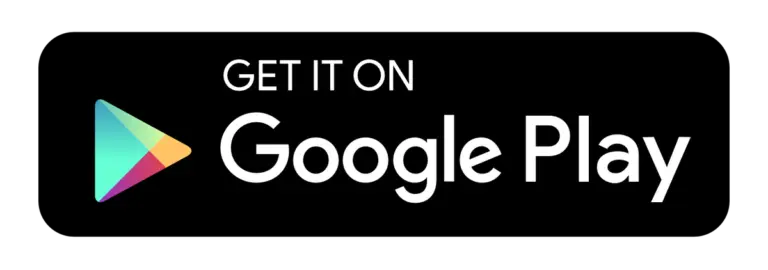

© Copyright 2025 Telecrm.in - All Rights Reserved • Privacy Policy • T&C